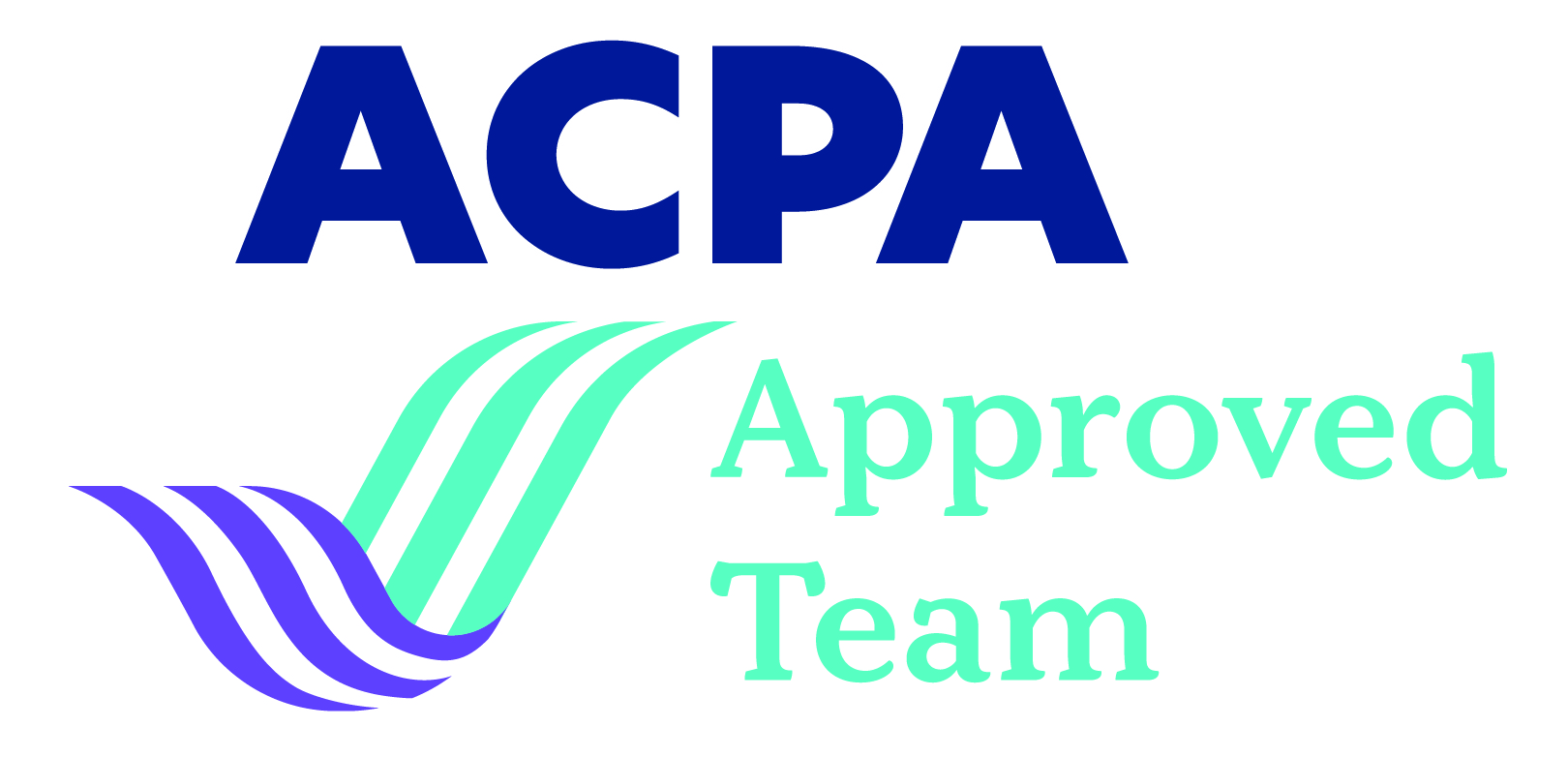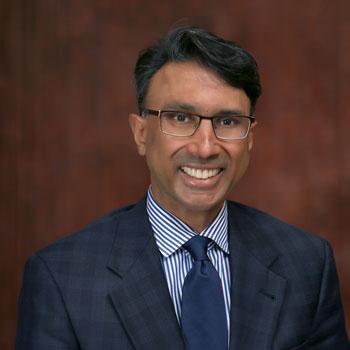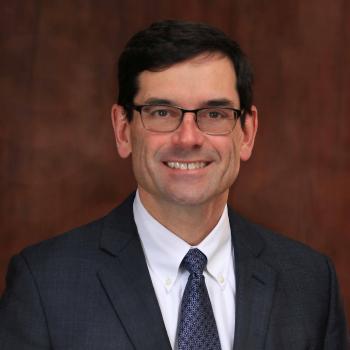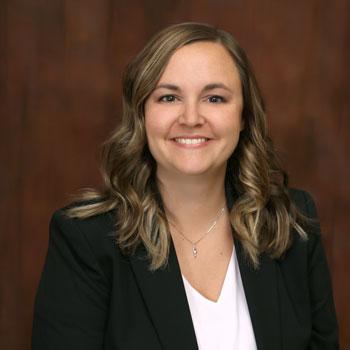
Our expert cleft lip and palate team includes a long-tenured group of specialists who collaborate to create the best outcome for your child. Our experienced team includes Dr. Arshad Muzaffar, a nurse coordinator, speech-language pathologists, otolaryngologists (ear, nose and throat specialists), neuropsychologist and orthodontists, in addition to other specialists. Our program has received accreditation by the American Cleft Palate Craniofacial Association.
Cleft Lip and Palate: Experience The Blessing Difference
These are the most common congenital anomalies of the head and face. Babies born with this condition may have a gap in the upper lip as well as the roof of the mouth known as the palate. Some babies have both cleft lip and palate or just a cleft palate.
Cleft lip and/or palate can interfere with speech, hearing and facial growth. They can make breastfeeding and bottlefeeding difficult. Our multidisciplinary team works together to provide the best care for your child.
Types of Cleft Lip:
- Unilateral cleft lip: Cleft occurs on only one side of the upper lip
- Bilateral cleft lip: Cleft occurs on both sides of the upper lip
- Complete cleft: Cleft causes a gap from the lip and mouth into the nose
- Incomplete cleft: The gap doesn't extend from the mouth into the nose
- Microform cleft: A very minor incomplete cleft that causes a groove or notch rather than full gap
Treatment
- Feeding Difficulties: Infants with cleft lip and cleft palate may have difficulties in breastfeeding or bottle feeding due to structural abnormalities. Ensuring adequate nutrition and addressing feeding challenges are crucial for their growth and development.
- Speech and Language Development: Cleft lip and cleft palate can affect speech production and intelligibility. Early intervention by speech therapists and regular monitoring of speech and language development are essential to address any potential communication difficulties.
- Dental and Orthodontic Issues: Cleft lip and palate can impact the alignment and development of teeth and jaws. Dental problems, such as malocclusion, missing teeth, and dental decay, may require orthodontic and dental interventions to ensure proper oral health and function.
- Ear Infections and Hearing Problems: Children with cleft palate are more prone to middle ear infections (otitis media) and hearing loss due to the dysfunction of the Eustachian tube. Frequent monitoring and timely intervention are necessary to prevent potential hearing impairment.
- Psychological and Social Well-being: Individuals with cleft lip and cleft palate may face challenges related to self-esteem, body image, and social interactions due to visible facial differences. Providing psychological support and addressing any emotional difficulties can contribute to their overall well-being.
- Nasal Resonance and Breathing Difficulties: Cleft palate can affect nasal resonance and lead to nasal airway obstruction. Management may involve speech therapy, nasal surgery, and continuous monitoring of nasal function.
- Facial Aesthetics and Plastic Surgery: Reconstructive surgery plays a vital role in correcting the cleft lip and palate, improving facial aesthetics, and restoring normal function. Surgical interventions are typically staged and performed by experienced plastic surgeons. Surgical interventions often include but are not limited to the following:
Individualized Care
Dr. Muzaffar and the team will develop an individualized treatment plan for your baby. Multiple surgeries during infancy, childhood and adolescence are often required to effectively treat cleft lip and palate.
Surgeries may include:
- Initial repair of the lip and nose within your baby's first six months
- Repair of the palate by age 12 to 18 months
- Surgery improve speech, if needed, prior to entering Kindergarten
- Lip and nose surgery, if needed, prior to entering Kindergarten
- Repair to the gum line between age 7 and 9
- Jaw surgery during the mid to late teen years
- Nasal surgery (rhinoplasty) in the teen years
Your child will stay one or two nights in the hospital after surgery. As your child starts school, Dr. Muzaffar may perform "touch up" surgery on the lip and/or nose. Some children also need additional surgery on their palate to improve speech.
Contact Us
To schedule a consultation or to request more information please fill out this form and one of our team members will be in touch with you or please call us at (217) 214-6256. To learn more about our plastic and reconstructive services click here.



